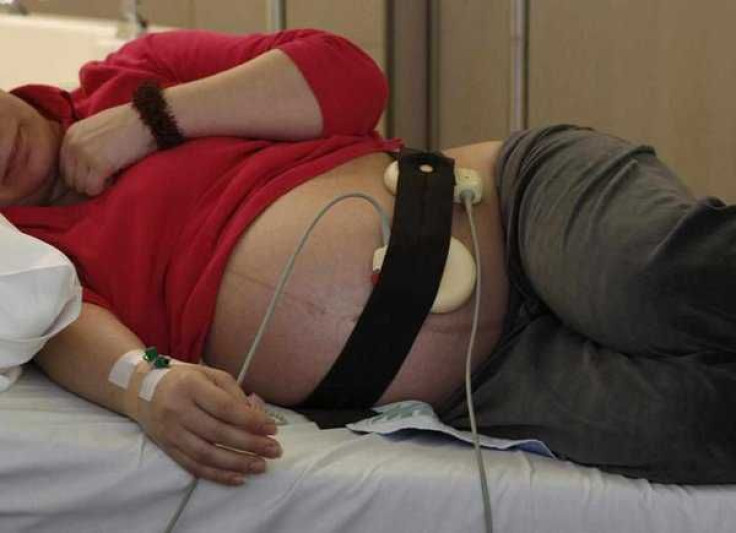Pregnant Women Who Develop A Bacterial Infection At The Hospital 58% More Likely To Have A Child With An ASD, Study Shows

Recent clinical trials conducted on the immune systems of animals show that infections during pregnancy can affect the fetus’ neurological development. A study out of Kaiser Permanente determined that expectant mothers who were diagnosed with a bacterial infection while under hospital care were significantly more likely to give birth to a child with an autism spectrum disorder (ASD).
"Though infections in pregnant women are fairly common, in this study most were not associated with an increased risk of autism. Only bacterial infections diagnosed in the hospital were associated with an increased risk." said Lisa A. Croen, Ph.D., research scientist with the Kaiser Permanente Division of Research and senior author of the study. "Infections diagnosed in a hospital setting were more common among mothers of children who developed an ASD compared with mothers of children who did not develop an ASD," Croen further explained.
Dr. Croen and her colleague compared data from 407 children affected by autism against 2,075 children who were not suffering from autism. Participants were born between January 1995 and June 1999 and were enrolled into Kaiser Permanente’s two-year health plan immediately following their birth. Maternal infections and children were collected through the Kaiser Permanente Northern California clinical databases.
Results showed that children born to a woman who was diagnosed with a bacterial infection while hospitalized were 58 percent more likely to develop an ASD. Although the number of pregnant women diagnosed with an infection during their second trimester was fairly low, the children’s risk of developing autism increased threefold.
"Infections diagnosed in an inpatient setting may represent more severe infections, and these were associated with increased risk of ASD," said Ousseny Zerbo, Ph.D., research fellow with the Kaiser Permanente Division of Research and the study's lead author. "Our findings indicate that although most infections during pregnancy were not associated with autism in the child, there appears to be some increased risk for autism. It would be prudent for pregnant women to contact their doctor if they suspect an infection."
According to the Centers for Disease Control and Prevention (CDC), one out of every 88 children is diagnosed with an autism spectrum disorder. Children born to older parents, prematurely, or with low birth weight are at higher risk to developing autism. Around 10 percent of children born with autism are also affected by a genetic of chromosomal condition such as Down syndrome, fragile X chromosome, and tuberous sclerosis.
Source: Qian Y, Yoshida C, Grether J, Van de Water J, Croen L, Zerbo O. “Maternal Infection During Pregnancy and Autism Spectrum Disorders.” Journal of Autism and Developmental Disorders. 2013.



























